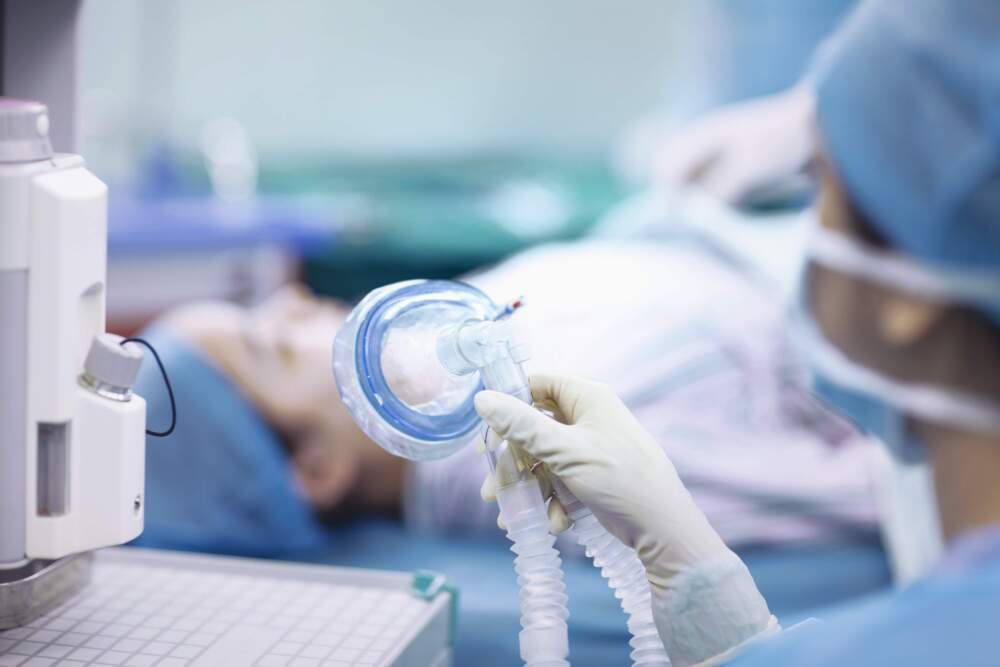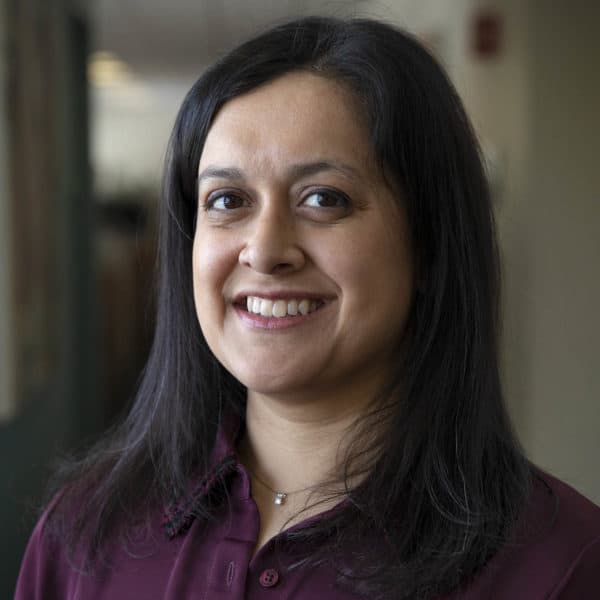Advertisement
Blue Cross colonoscopy policy prompts outrage among Mass. doctors

The state’s largest health insurer, Blue Cross Blue Shield of Massachusetts, has begun restricting the use of anesthesia during colonoscopies, triggering a backlash from doctors who argue the change will discourage people from going through an already unpleasant but important procedure.
Colonoscopies are a way to detect and remove growths in the colon, known as polyps, that are or could become cancerous.
The dispute is over the level of sedation required for people getting colonoscopies and other similar procedures, known as endoscopies. Doctors often prefer to use anesthesia, also known as deep sedation, which puts patients to sleep. But Blue Cross officials say many patients at low risk of medical complications don’t need anesthesia and can be examined while they’re sedated, but awake, which is known as moderate or conscious sedation.
Blue Cross officials say they will no longer pay for anesthesia unless patients meet certain criteria — for example, if they have chronic conditions or a documented fear of medical care.
The new rule, which took effect Jan. 1, represents a significant shift. Across Massachusetts, most patients — about 60% — are asleep for colonoscopies, and at some clinics, anesthesia is used for virtually every procedure.
The policy change likely means that more patients with Blue Cross insurance will be asked to stay awake with moderate sedation for their procedures. In some cases, patients who receive anesthesia could be responsible for the cost, which can run in the hundreds of dollars or more.
“This is fundamentally restricting the kind of care that we deliver to our patients,” said Dr. Richard “Max” Tilson, a gastroenterologist based in Chelmsford.
“Massachusetts will be an outlier,” said Tilson, vice president of the Massachusetts Gastroenterology Association. “Massachusetts is historically a leader in the delivery of medical care, and this is leading in the wrong way.”
Tilson and other gastrointestinal specialists told WBUR that the routine use of anesthesia helps them work efficiently because patients fall asleep and wake up quickly. Conscious sedation takes longer to set in and wear off, leading to longer procedure times.
Using anesthesia — typically with the drug propofol — also allows for higher-quality exams, doctors said, because the gastroenterologist can concentrate on the colon, while an anesthesiologist or nurse anesthetist in the procedure room monitors the patient’s vital signs.
“It allows us and our nursing staff and our technicians to really focus on the procedure, particularly if we're doing something more complex,” said Dr. Nikola Natov, director of endoscopy and advanced endoscopy at Tufts Medical Center. “The purpose of the anesthesia provider is really to ensure that the patient is well sedated, comfortable and safe.”
Tufts physicians almost always use anesthesia for colonoscopies and don’t plan to change this, Natov said. Instead, they are looking into how to make up the cost of anesthesia that Blue Cross doesn't cover.
“We are having discussions about exactly what to do,” Natov said.
Colon cancer screenings are recommended for adults aged 45 to 75. People at average risk of colon cancer are advised to get colonoscopies every 10 years, while people at higher risk are screened earlier and more often.
The experience is notoriously unpleasant: Patients must prepare by fasting and taking a laxative to empty their colon. During the procedure, doctors insert a long tube with a camera into the anus, inflate the colon and look for polyps.
Colonoscopies are critical for preventing cancer and death, but they make people squeamish, said Dr. Braden Kuo, a gastroenterologist at Massachusetts General Hospital.
“The most common thing patients [ask] is, ‘Am I going to feel this? Am I going to be awake?’ " Kuo said. “They have a lot of anxiety and stress over this procedure if they’ve never had it before.”
Kuo, a governor of the American College of Gastroenterology, worries that limiting the use of anesthesia will deter people from getting a potentially life-saving procedure.
“It is very short-sighted,” Kuo said of the Blue Cross policy. “That short-term theoretical cost savings is going to traumatize patients. It's going to affect their willingness to have future colonoscopies that can prevent downstream colon cancer and complications — which will cost the health care system more money and ultimately, even more importantly, affect patients' lives.”
At Mass General, most patients are sedated but awake for their colonoscopies. But Kuo said he’d prefer to use anesthesia more often, if anesthesiologists were more available to assist with procedures.
The use of anesthesia adds anywhere from $150 to $1,500 to the total cost of an endoscopy procedure, according to national figures provided by Blue Cross. The company said it processes claims for about 75,000 such procedures annually.
Dr. Sandhya Rao, chief medical officer at Blue Cross, said the company will not deny payment of anesthesia for any patient whose doctor determines they need it. This includes patients who fear medical procedures, she said. Anesthesia also will be covered for people with high blood pressure, diabetes, heart problems, sleep apnea, Crohn’s disease and a long list of other conditions, according to the new policy.
“Our goal,” Rao said, “is to make sure that the care that we cover is clinically appropriate and consistent with the clinical guidelines.”
She said Blue Cross made several updates to the policy after listening to doctors’ concerns and delayed its implementation by six months to give them time to prepare.
“We understand that this will be a change,” she said.
Blue Cross officials said their contracts prevent doctors from billing patients directly for the cost of anesthesia that is not covered by insurance. But, they said, some health care providers ask patients to sign waivers agreeing to be held liable for the costs of services not covered by insurance. In such cases, patients may have to foot the bill.
The changes come as doctors are still catching up on a backlog of colonoscopies that were delayed by the COVID pandemic, when non-urgent procedures were put on hold.
Dr. Lauren Bleich, president of the Massachusetts Gastroenterology Association, said the first days of the new insurance policy have been a disaster.
“Patients calling up and screaming at staff, canceling appointments out of fear or confusion, and staff not knowing if they’re proceeding correctly," she said. "We won’t know if what we’re doing will be covered until next month, when claims start getting paid or denied.”
Patients often get uncomfortable if they’re sedated but awake for procedures, Bleich said, and the recovery from conscious sedation can take hours.
“It can get crampy,” said Bleich, who practices in Acton. “People can experience pressure. That’s why [the level of] sedation is so important.”
If patients feel too much pain during the procedure, doctors need to stop the exam and try again another day, which happens in about one of 10 cases.
“This is one of the only areas where an insurance company is telling the physician what type of sedation to use,” said Dr. Scott Ketover, a gastroenterologist in Minnesota and president of the Digestive Health Physicians Association, a national group. “This is really all about dollars. It's not about clinical care.
“Why are we stepping backwards?”
Editor's note: This story has been updated to reflect updated data from Blue Cross Blue Shield of Massachusetts about the number of endoscopy claims it processes annually.
This article was originally published on January 05, 2024.
